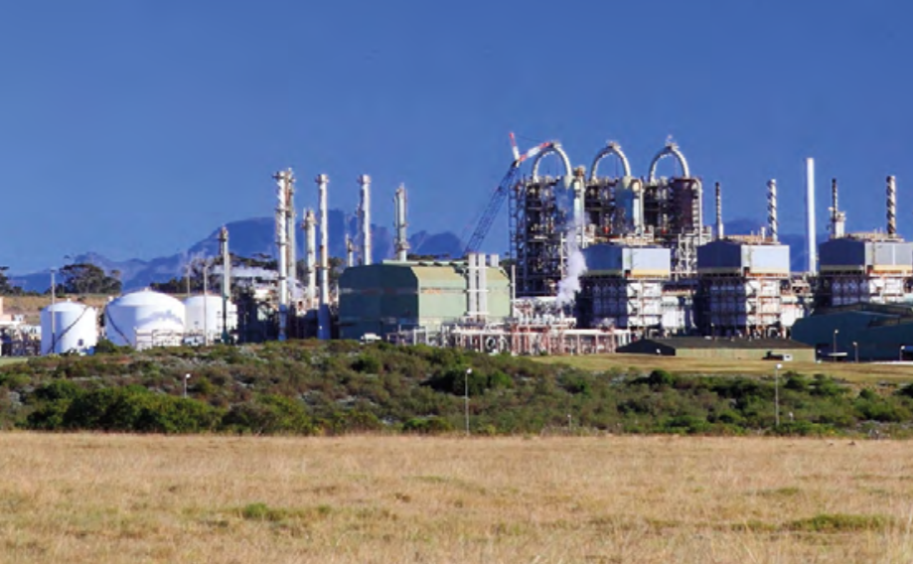
South Africa’s PetroSA is taking steps to end a legacy of mismanagement and continuing annual losses as it plans a project with TotalEnergies, according to its interim chairman.
The state-owned oil company has reported a string of losses, including a record 20.7 billion rand ($1.2 billion) in 2019, and experienced a high turnover of executives through the same period.
More recently, the government made plans to expand PetroSA’s profile, adding gas and fuel storage businesses as the nation sees an increase in oil and gas activity.
“To us, leadership is critical,” Nkululeko Poya, chairman of PetroSA, who has served in the role since last year, said in an interview in Cape Town.
The company expects to appoint a chief executive officer and chief operating officer by the end of November.
“If you want change, one of the things you might want to do is to change the executives that have created those losses.”
South African President Cyril Ramaphosa’s government has struggled to turn around its large state-owned companies, despite years of initiatives to do so.
Power utility Eskom Holdings has failed to meet demand, resulting in power cuts that hobble the nation. A growing national oil company could also bring negative consequences if it isn’t run properly.
Time is limited. PetroSA’s Mossel Bay gas-to-liquids plant ran out of feedstock after the company failed to discover more and it has a plan to source fuel from TotalEnergies SE’s offshore discovery.
In the meantime, it will need to keep up maintenance on the refinery until output starts in 2026 if that development moves forward.
Gas Negotiations
PetroSA and TotalEnergies are close to a broader agreement, with details over the gas price still to be concluded, in order to reach a final investment decision in 2024, Poya said.
“Negotiations have been difficult,” though overall they’ve progressed, he said.
The company reported a profit in September because of a new strategy that focuses on cutting expenses, reviewing service providers and a revamped trading strategy, according to the chairman.
Fixed costs were high and the number of employees were reduced to just over 900 workers and “we believe we probably still need to reduce by another 200,” he said.
The new board focused on making bigger margins on fuel trading and expanding its market share of South Africa to 15% from 10% within the next two years, according to Poya. “The leadership crisis in PetroSA, I can tell you, it’s over.”
Recommended for you
